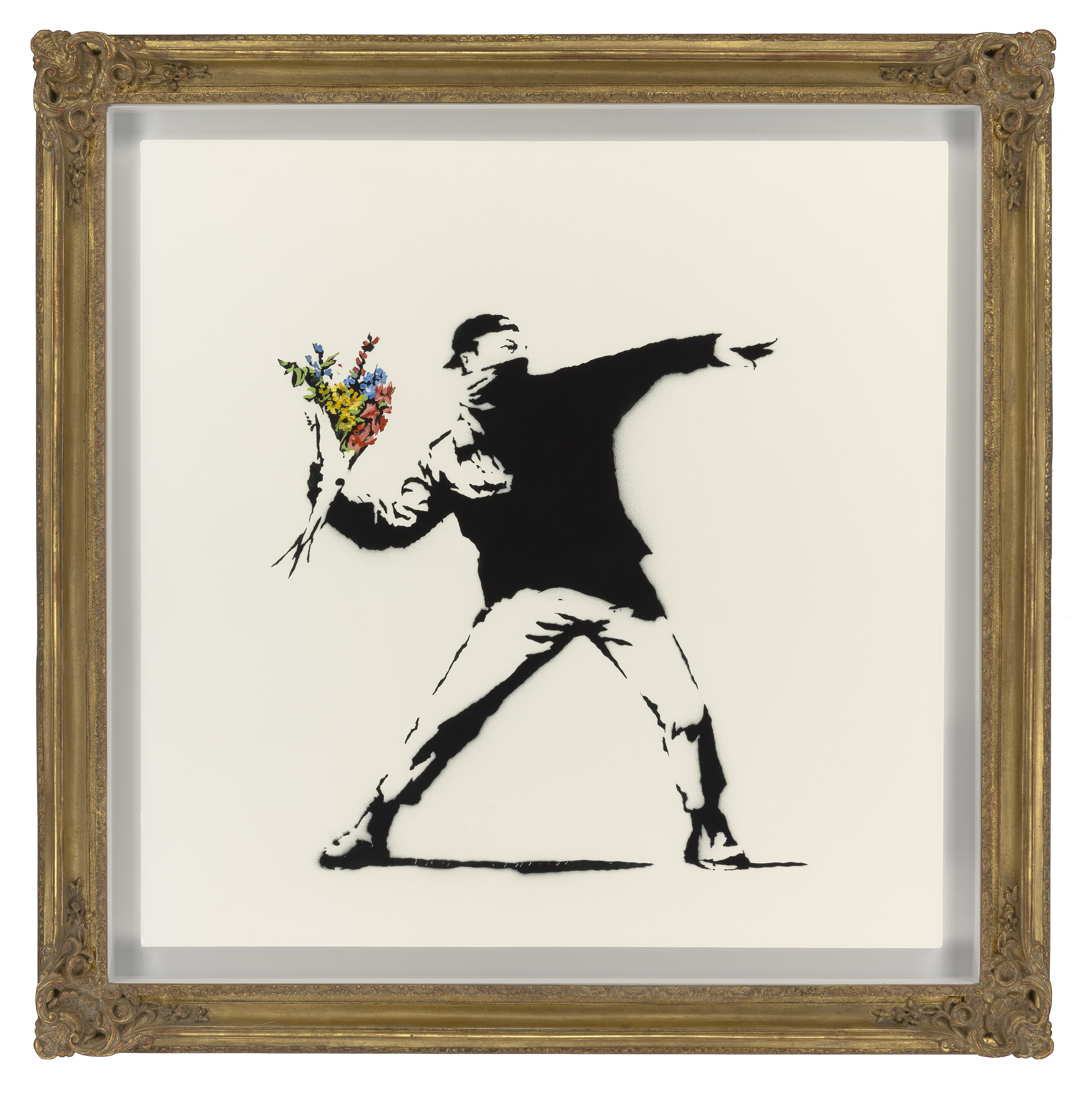
Former Christie’s co-chairman Loïc Gouzer is getting into the NFT game with his latest venture. Particle, as his new company is called, aims to democratize access to major works of art via fractionalized ownership—and establish a meta-museum along the way.
Particle will buy physical artworks, digitize them, and then divide each into 10,000 unique NFTs—or, you guessed it, particles. Copping one is like purchasing a piece of a virtual puzzle: you can claim ownership, but you can’t hang it in your home.
Meanwhile, the original artwork will live on in the Particle Foundation, a public trust whose mission, according to the company, is to “maintain, preserve, and display the collection on behalf of the Particle community.” The non-profit will also receive one percent of each artwork’s particles (a safeguard against collectors attempting to purchase complete control), as well as a small, unspecified cut of the royalties. (The company vows to never sell those particles, or the physical artworks from which they were born.)
“It’s a change of paradigm,” Gouzer told Artnet News. “Our feeling is that we’re in a moment where people want to feel more involved, especially in the art world, where it has not been easy for people to get access.”
“For us it’s really about collecting versus investing,” added co-founder Adam Lavine. “It’s about being part of a community that’s powering something versus just in a fund with a bunch of other investors.”
Today, Particle announced its first purchase: Banksy’s 2005 painting Love Is in the Air, which Gouzer, the company’s head of acquisitions, snagged for $12.9 million at Sotheby’s in May. The group will debut that first piece of their budding collection this Friday at the Institute of Contemporary Art, Miami.
“The painting perfectly aligns with the philosophy that we’re going for, which is bringing humanity’s greatest works to everyone through a decentralized, open platform and giving power to organic communities to grow,” said Particle C.E.O. Harold Eytan. “Banksy is all about that—inclusivity and allowing more people access to fine art.”
On December 13, collectors can apply to buy their own particles of Love is in the Air, priced at $1,500 a pop. At that rate, selling all 10,000 NFTs would allow the company to more or less come out even (after moving 100 particles and a percentage of the royalties to the Foundation, that is).
That’s generally the idea, Eytan explained, to offer a purchased artwork to the Particle community at cost. For this reason, auctions, where prices are public, will be the primary go-to for acquisitions. The company, in turn, will rely on secondary market sales for its revenue (just as the minter of an NFT pockets a cut every time the piece is sold, they pointed out.)
“While everybody is talking about the metaverse, we are creating the foundation of a Meta Museum—a platform powered by the blockchain where people around the world can own art masterpieces and interact with them over the Internet and in the physical world,” said Oscar Salazar, another co-founder (there are five in total), in a statement.